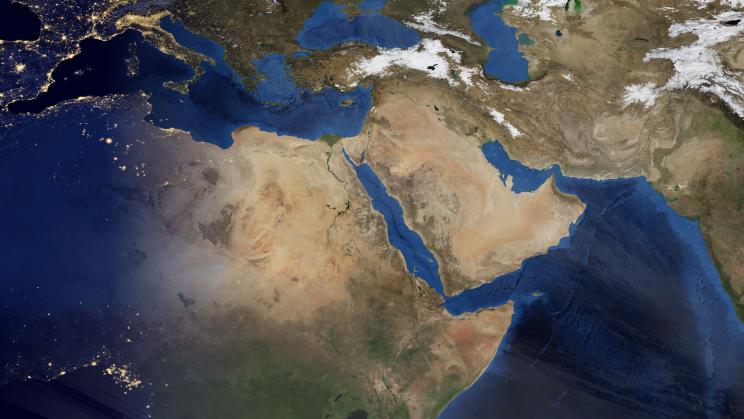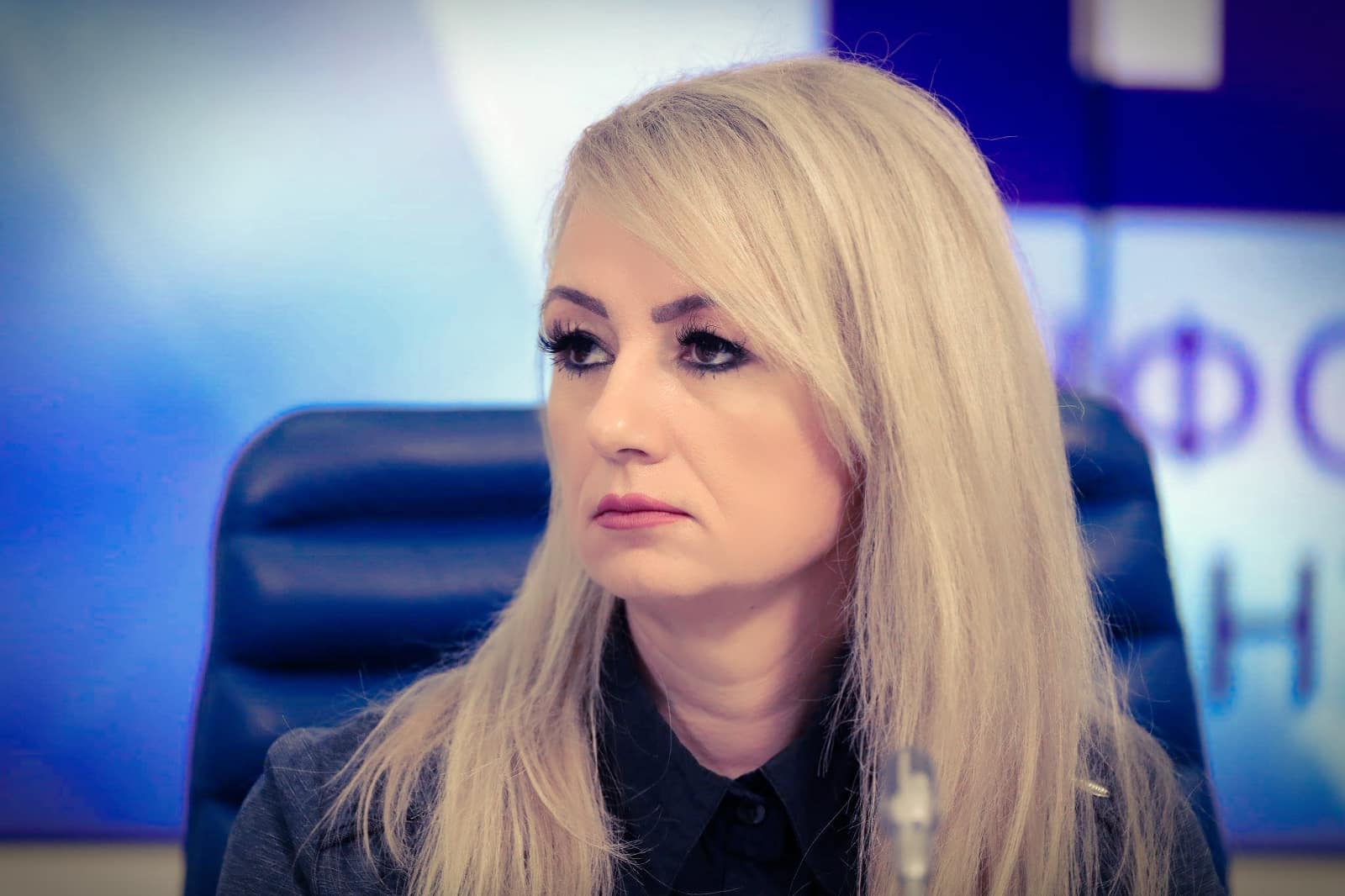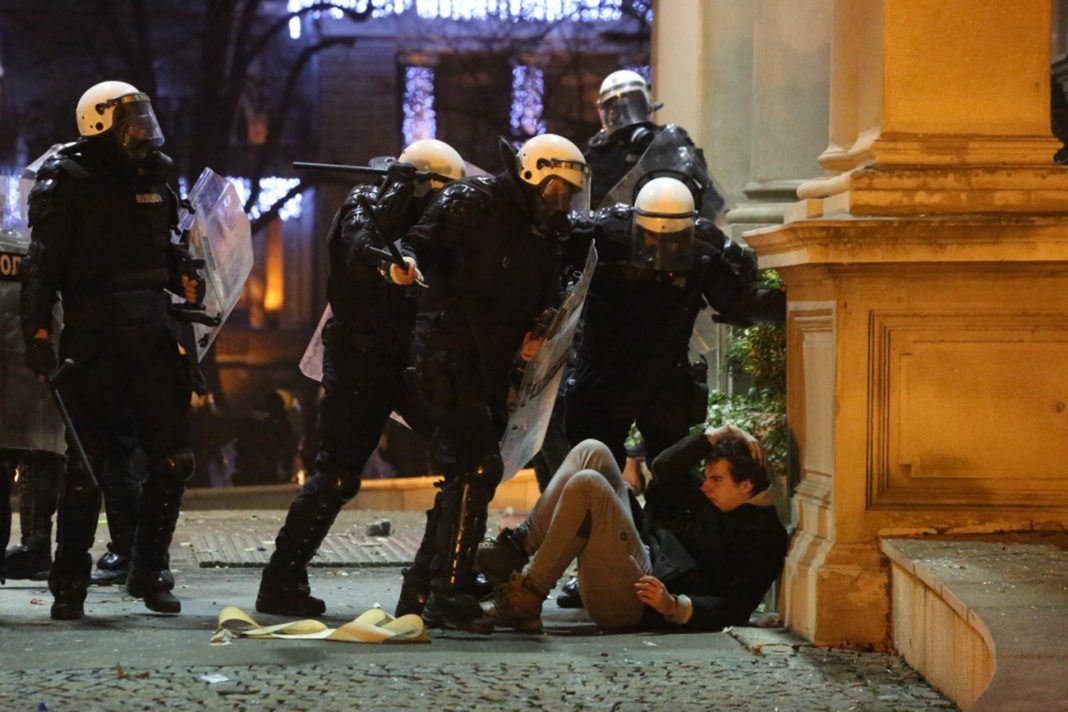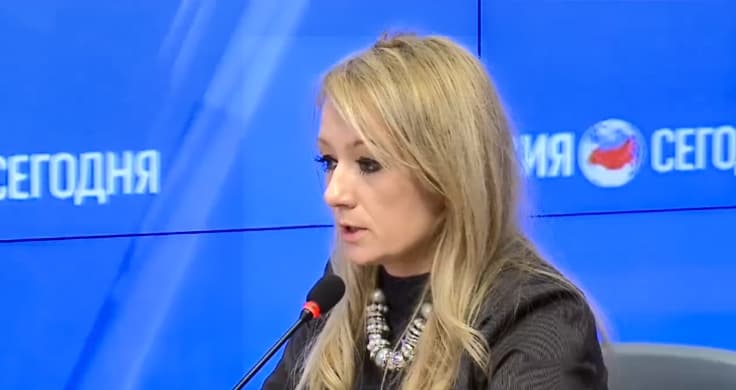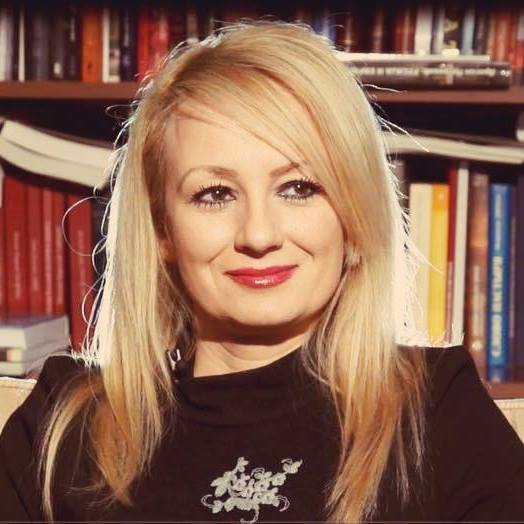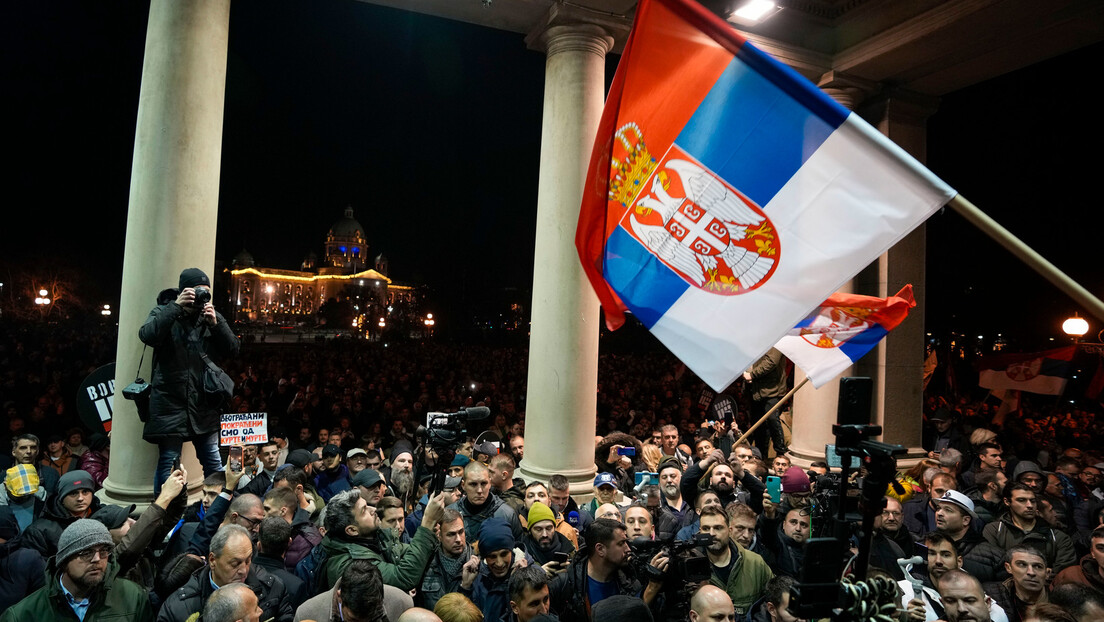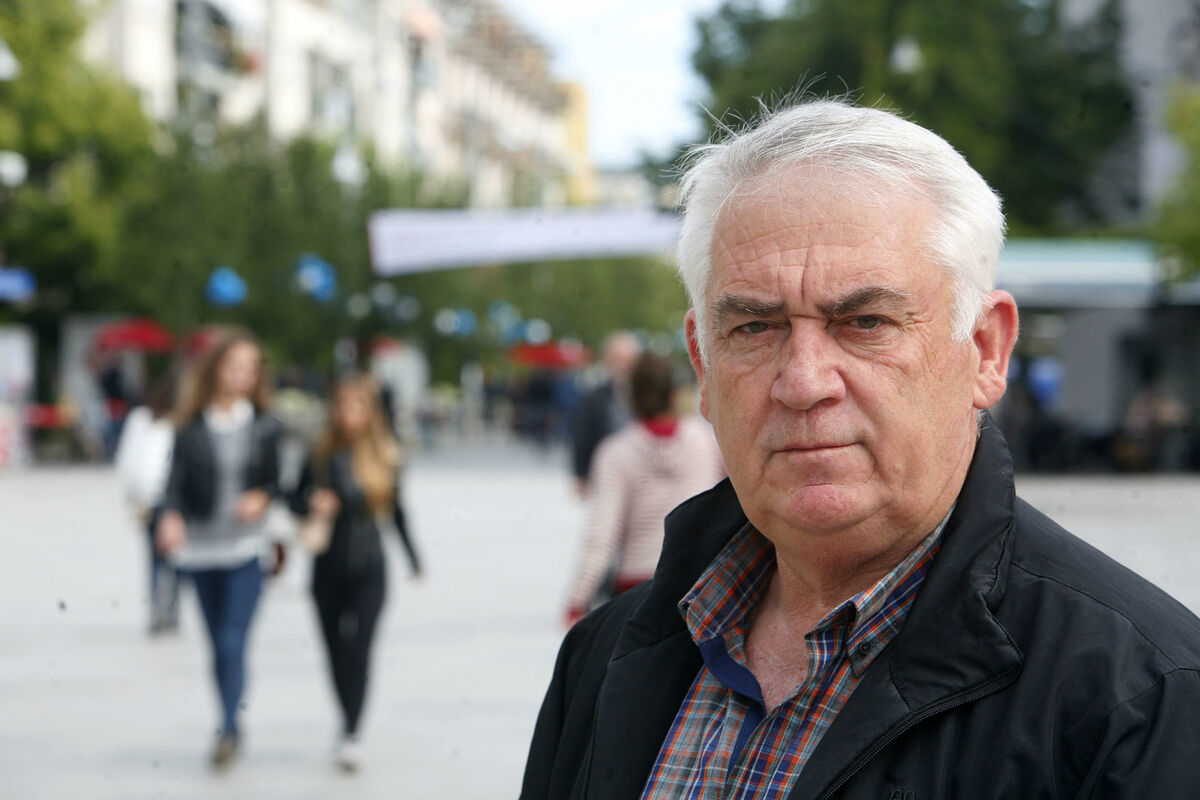Vladislav B. Sotirovic: Special Features of the Region of the Middle East and North Africa (MENA)
The Middle East was the home of the earliest civilizations in the world’s history. The first urbanizations and literacy started there. The region of the Middle East usually covers the territories from the eastern littoral of the Mediterranean Sea up to India in the East. In a broader sense, geographically, the region encompasses territories of the East Mediterranean and Central Asia but many Americans followed by other Western academicians, politicians, and journalists regard as a single region the Middle East and North Africa (MENA).

